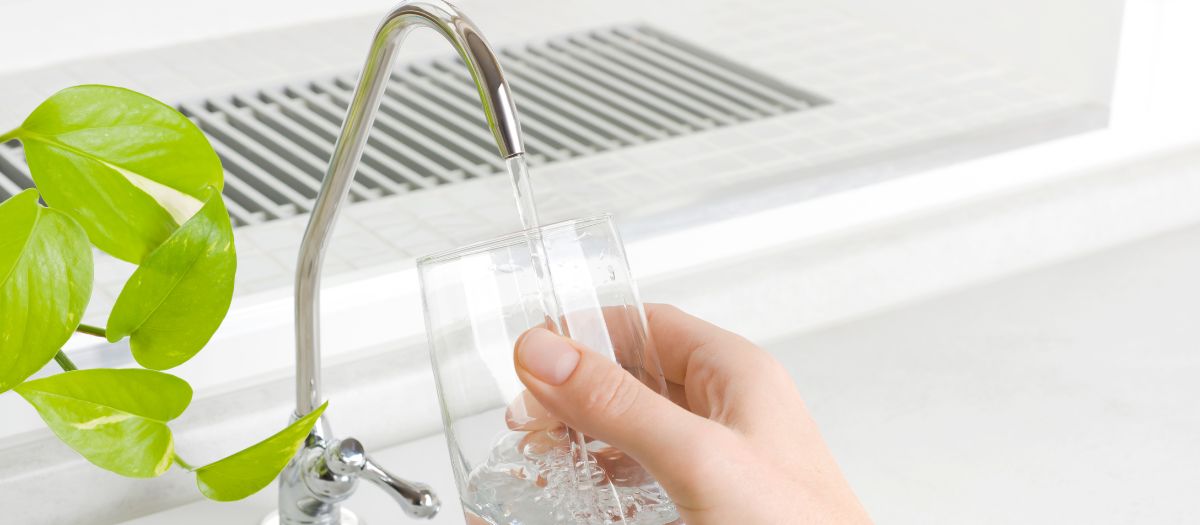Although home water treatment systems may improve the aesthetic qualities of tap water, such as hardness, odor and taste, rest assured that the municipal water supply is treated to meet all state and federal water quality standards.
Note: It's important you maintain your home water treatment systems, or you can reduce the quality of your drinking water. Home water treatment systems may be appropriate for individuals with specific medical conditions; those individuals should discuss options with their physicians.
Request Consumer Reports®
The Water Authority doesn't recommend any particular brand or model. However, we provide Consumer Reports® ratings of several brands and types of water filtration systems.
How hard is our water?
The hardness of our water is 291 parts per million or 17 grains per gallon, categorized as "very hard."
Water filters
If you're looking to improve the aesthetic qualities of your water, such as hardness, odor and taste, you may consider purchasing a water filter.
| Type | Description | Pros | Cons |
|---|---|---|---|
| Activated carbon filters | Activated carbon filters attract and hold certain chemicals as water passes through them. They are available in carafe units, faucet-mounted filters and models mounted beneath the sink. | Reduces chlorine odor and taste; can be inexpensive | Doesn't remove minerals associated with hardness; can require frequent filter changes; does not remove microbes |
| Reverse-osmosis filters | These systems use both a traditional (usually carbon) filter and a cellophane-like membrane to remove most organic and inorganic compounds. This is the only type of filter that will remove calcium and magnesium, the minerals that cause hard water. These filters are usually installed below the kitchen sink. | Removes minerals that cause hardness; highly effective More expensive; may require a plumber; requires more storage space; many units waste water | More expensive; may require a plumber; requires more storage space; many units waste water |
Water softeners
Because our main water supply comes from the mineral-rich Colorado River, Southern Nevada's water is very hard. Removing the calcium and magnesium softens the water, but is not a necessity to protect your health. Some people prefer softened water for bathing, cleaning and washing clothes.
| Advantages | Disadvantages | Alternatives |
|---|---|---|
| Improved "feel" of water on the skin when bathing | Potential health risks from sodium intake | Bath salts |
| Cleaner, softer clothes | Harm to houseplants due to elevated salt content | Laundry detergents that include water softening agents |
| Longer life of appliances | Overload or reduced effectiveness of septic systems | Lime- or mineral-dissolving household cleaners |
| Reduction of water spots and deposits | None | Dishwasher rinse aids |
Softener processes
- Ion exchange: These systems use sodium (or potassium) ions to coat an exchange medium in the softener. As hard water passes through the unit, the water "trades" its calcium and magnesium for the sodium or potassium.
- Water conditioners or "salt-free" water softeners: In the last several years, as concerns have grown over the impact of salt from water softeners on the environment and on our health, there has been an increasing interest in water treatment systems that are labeled as "no-salt" or "saltless" water softeners.
Researchers in the water community are in agreement that this "salt-free" label is a misnomer. By definition, a water softener removes hard minerals (calcium and magnesium) and replaces them with soft minerals (sodium or potassium). Salt-free systems "condition" the water, but do not soften it.
While there remains some debate about the effectiveness of water conditioning systems, the Water Quality Association has additional information.
